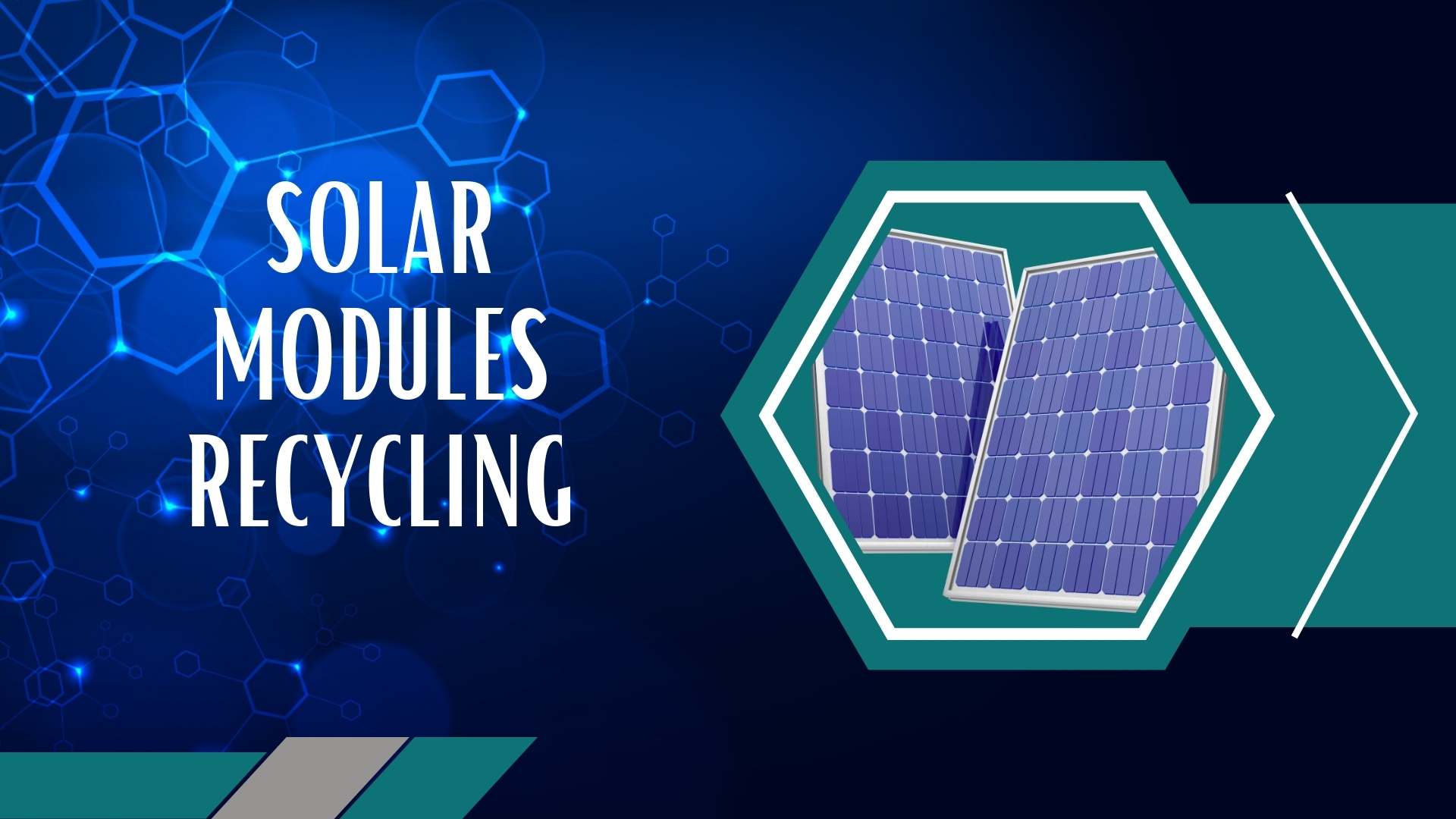Solar modules recycling
RES energy is a clean, renewable source of energy that is gaining popularity around the world. Solar modules or photovoltaic (PV) panels are the most common means of harnessing solar energy. They are made up of materials such as silicon, glass, and aluminum.
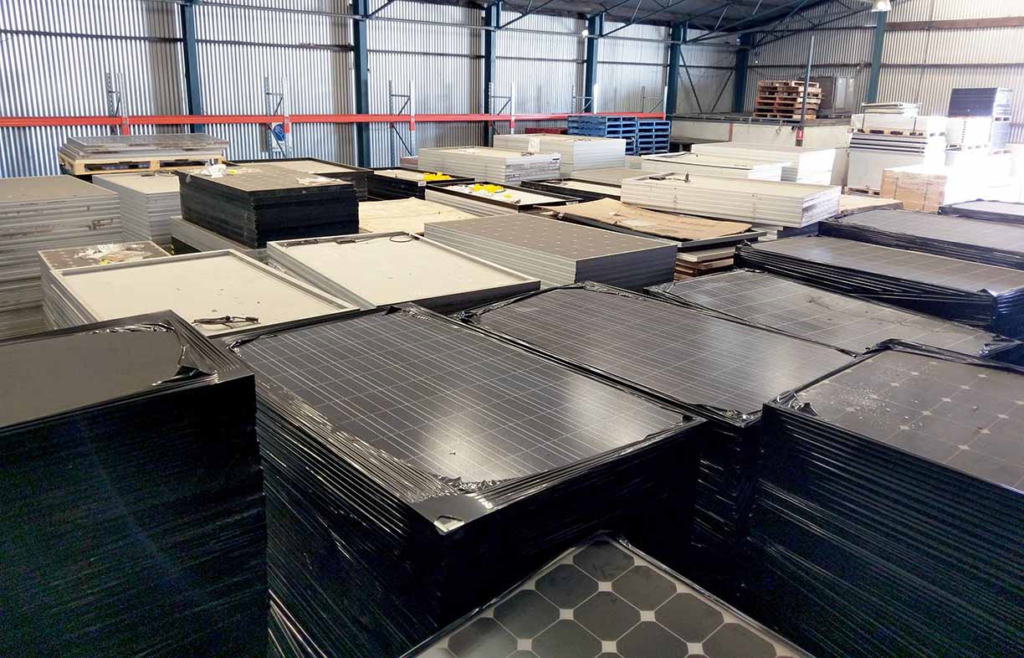
As solar modules reach the end of their life cycle, they need to be disposed of properly. Solar module recycling is a relatively new concept that has gained importance in recent years due to the increase in solar installations.
The Problem
Solar modules are designed to last for 25 to 30 years. At the end of their life cycle, they need to be replaced with new modules. The problem arises when these modules are disposed of improperly. Solar panels are made up of materials such as silicon, glass, and aluminum. These materials are not biodegradable and can take hundreds of years to decompose. Improper disposal of solar modules can lead to environmental pollution.
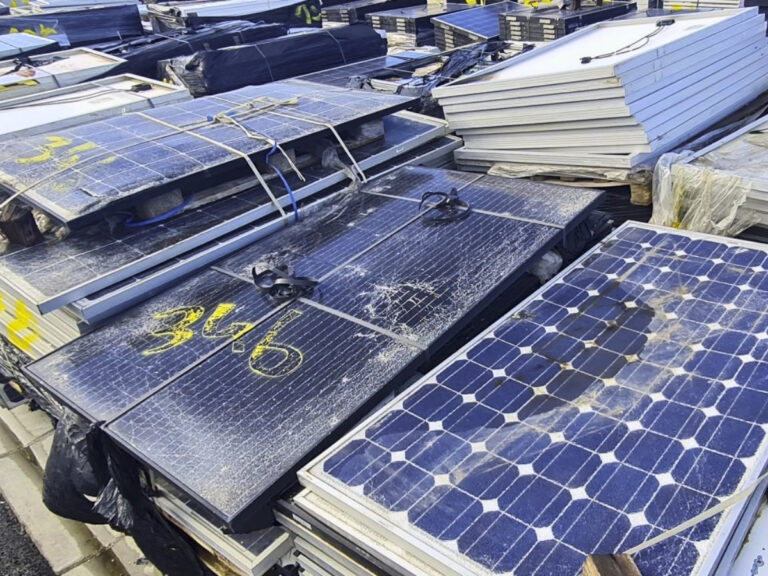
Solar module recycling is the process of recovering materials from solar modules that have reached the end of their life cycle. Recycling of solar modules can help reduce the environmental impact of solar energy. However, there are several challenges associated with solar module recycling.
Challenges Associated with Solar Module Recycling
- Cost
The cost of recycling solar modules is high. It can cost up to $25 per module to recycle them. This cost includes transportation, dismantling, sorting, and processing. The cost of recycling solar modules is higher than the cost of disposing of them in a landfill.
- Lack of Infrastructure
There is a lack of infrastructure for solar module recycling. Most solar modules are not designed for easy dismantling. They are bonded with adhesives that make it difficult to separate the materials. There are only a few recycling facilities that are capable of recycling solar modules. This lack of infrastructure makes it difficult to recycle solar modules on a large scale.
- Toxic Materials
Solar modules sometimes contain toxic materials such as lead and cadmium. These materials can leach into the environment if the modules are not disposed of properly. Recycling facilities must have proper safety measures in place to prevent the release of these toxic materials into the environment.
- Low Recycling Rate
The recycling rate of solar modules is low. Only a small percentage of solar modules are recycled. Most solar modules end up in landfills where they can take hundreds of years to decompose. The low recycling rate is due to the lack of infrastructure and the high cost of recycling.
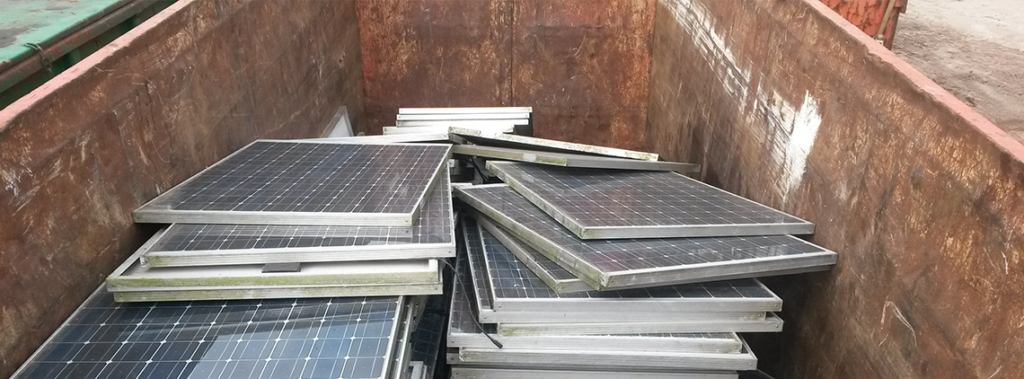
What can we do in terms of solar modules recycling?
- Design for Recycling
Solar modules should be designed for easy dismantling. They should be made with materials that are easy to separate. This will make it easier to recycle the materials at the end of their life cycle.
- Government Support
The government should support the development of solar module recycling infrastructure. This can be done by providing incentives for recycling and by funding research and development of recycling technology.
- Education
Education is important in promoting solar module recycling. The public should be educated on the importance of proper disposal of solar modules. This will create awareness and encourage the public to recycle their solar modules.
- Extended Producer Responsibility
The concept of extended producer responsibility (EPR) can be applied to solar modules. EPR is a policy that makes the producer responsible for the entire life cycle of their product. This includes the disposal of the product at the end of its life cycle. The producer can be required to take back their product and recycle it.
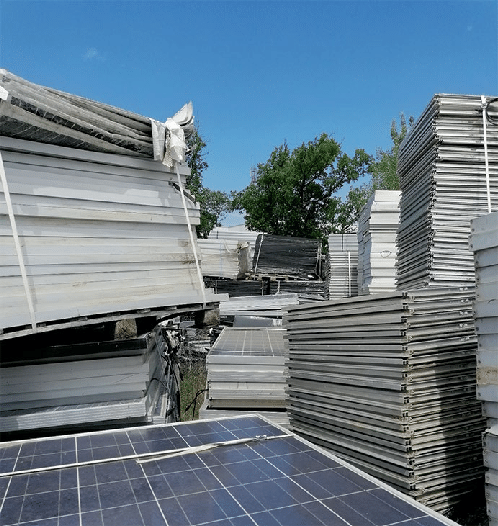
PV panels recycling is an important aspect of sustainable energy production.
The challenges associated with solar module recycling, such as cost, lack of infrastructure, toxic materials, and low recycling rates, must be addressed. Solutions such as designing for recycling, government support, education, and extended producer responsibility can help promote solar module recycling. The industry must take steps towards proper disposal of solar modules to prevent environmental pollution and promote a circular economy. We can create a more sustainable future by addressing these challenges and promoting solar module recycling.
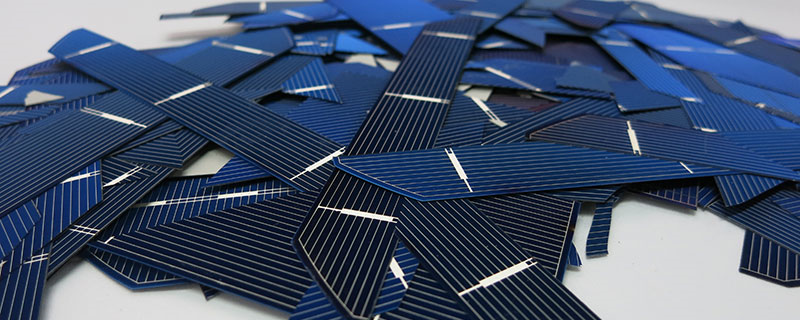
We collect solar modules for recycling.
If you are interested in investing in photovoltaic farms in Poland, don’t hesitate to get in touch with us at +48 797 897 895 or biuro@lighthief.com
Read about solar asset management in Poland.
Also read about Solar Investments in Poland.
Read about Poland’s solar farm’s industry.
Also about Chinese solar investors in Poland.
Read about O&M services on solar farms.

